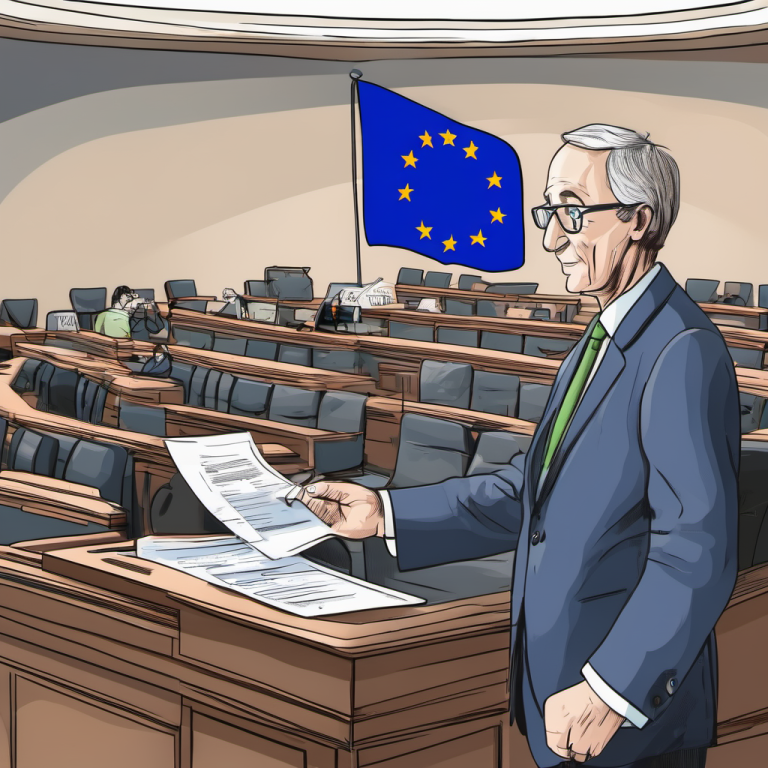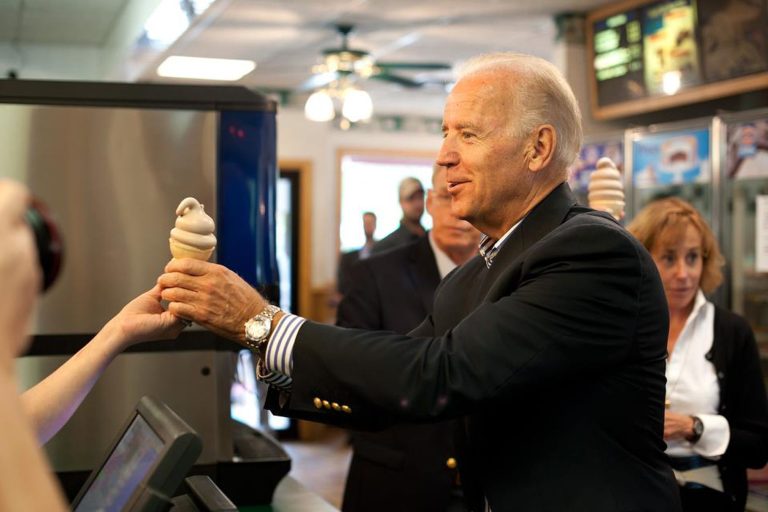Why Trans Liberation is the Easter Story We Need

On this Easter Sunday, as Christians celebrate the resurrection of Jesus Christ, the LGBTQ+ community marks the Transgender Day of Visibility (TDOV). This confluence of observances presents a powerful opportunity for reflection and, dare I say, redemption. While some might view the overlap as a coincidence, I propose a more radical interpretation: TDOV on Easter is exactly what Christians deserve.
For far too long, the narrative surrounding Christianity has been exclusionary. The divine pronouncements of a predominantly white, cisgender patriarchy have left countless LGBTQ+ individuals feeling ostracized from their faith. The story of Easter, however, holds within it the potential for a powerful allegory of trans identity.
Consider the core message: Christ, entombed and presumed dead, rises anew. This resurrection symbolizes the triumph of life over death, hope over despair. For transgender individuals, this narrative resonates deeply. Many spend their pre-transition lives figuratively buried – bound by societal expectations and the wrong gender identity. Transition, then, is our own personal resurrection – a reclaiming of our authentic selves.
Representative Amelia Brooks (D-CA) recently stated, “Just as Easter celebrates Christ’s emergence from the darkness of the tomb, this Trans Day of Visibility allows transgender people to step out of the shadows and into their truth.” This sentiment is echoed by countless trans voices. TDOV is a day for us to be seen, heard, and celebrated, not ostracized and condemned.
It’s important to acknowledge the anxieties some Christians might feel regarding TDOV. The fear of their sacred holiday being overshadowed is a valid concern. However, I believe the two observances can coexist peacefully, even becoming mutually reinforcing. Christianity, at its core, is a religion of love and acceptance. What better way to embody those values than by embracing the transgender community on this holy day?
Furthermore, let’s not forget the historical context. The early Christian movement was, in many ways, a radical social justice movement. Early Christians challenged the status quo, defied societal norms, and championed the marginalized. Isn’t that exactly what the LGBTQ+ rights movement strives for as well?
By acknowledging and celebrating TDOV on Easter, Christians have the opportunity to reclaim their religion’s progressive roots. They can demonstrate a commitment to inclusivity and compassion, values sorely needed in today’s political climate.
Of course, there will be those who resist this message. Those clinging to outdated notions of faith and clinging to power will undoubtedly decry this as an attack on their religion. But to them, I say this: True faith is not threatened by visibility. Love cannot be diminished by acceptance. Easter, after all, is a story about transformation and rebirth. Isn’t that what the LGBTQ+ community seeks as well?
Let this TDOV be a turning point. Let it be the Easter Sunday where Christians truly embrace the message of love for all, where they extend a hand of welcome to their transgender brothers and sisters. Because ultimately, in the grand tapestry of human experience, our struggles for liberation are not separate stories, but threads woven together, leading us all, Christians and LGBTQ+ alike, towards a more just and equitable world.







